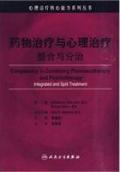
全书围绕病人处理、相关医学知识、医患沟通和专业化精神几点展开。同时还提供了临床实践的标准和用于评估自我临床能力的方法。本书适于医学心理学专业、心理治疗师、精神科医生。
在哪儿买《药物治疗与心理治疗》.....
卓越网:15.90
当当网:15.90
作 者: Michelle B.Riba//Richard Balon 黄继忠 主译
出版社:人民卫生出版社2010/5/1
ISBN:9787117126885
丛 书:心理治疗核心能力系列丛书
定 价:20.00元
编辑推荐
Competency in Combining Pharmacotherapy and Psychotherapy: Integrated and Split Treatment
by Michelle Riba, M.D., M.S., and Richard Balon, M.D.; Arlington, Virginia, American Psychiatric Publishing, Inc., 2005, 168 pages, $42.95
Jeffrey L. Moore, M.D.
This book is the fifth and last in the core competencies series, edited by Glen Gabbard. The series has done a great deal to illuminate the requirement of the Psychiatry Residency Review Committee (RRC) of the American Council for Graduate Medical Education first introduced in 2001, to train residents in specific forms of psychotherapy. The authors of the latest text are well known and have published previously on related topics in the training of psychiatry residents. The intended audience for the book is clearly psychiatric residents and their teachers, although it will likely be of some interest to other educators and psychiatrists in practice.
The book is divided into three parts. The first section, on integrated treatment, uses plain language to describe a practical approach to psychiatric treatment in which the resident provides both medication and psychotherapy. In the second section, the same themes are repeated but elaborate the complexities that are introduced when another professional provides the therapy and the resident sees the patient for medication alone. Suggested competencies are set off in boldface throughout this section; these competencies are collected together in the third part, which deals with evaluation, monitoring, and supervision of trainees.
The entire book might be used as a course text or an introduction to outpatient psychiatry. There are excellent discussions of general issues in starting treatment, performing an initial evaluation, planning and sequencing treatment, and ending treatment. In the section on split treatment, there is appropriate emphasis on the importance of good communication between the therapist and resident and on the many pitfalls that can arise. Training directors will find the last section quite helpful in documenting competencies for the RRC.
Throughout the book, integrated treatment is clearly preferred when possible, illustrated by use of the term "split" instead of "collaborative" treatment. The authors decry the fragmentation of the system of mental health care and the lack of organization and planning in its construction. At the same time, they offer practical, real-world advice on recognizing the drawbacks of split treatment and dealing with them in a way that optimizes the treatment of patients. For example, there is an especially good discussion of issues in split treatment of patients with borderline personality and guidance on how to manage them.
The authors are not afraid to take a firm position on certain possibly contentious issues in split treatment. These include a recommendation that residents should develop the ability to potentially reformulate a case, a clear statement that "thirty minutes is not adequate for any initial evaluation," and recognition that the resident must determine when not to prescribe medication in a split-treatment arrangement.
The structure of the book allows for the first and second sections to stand alone, although the resulting repetition of material can be irritating in a single read through. The section on integrated treatment might benefit from more discussion of mind-brain issues, addressing questions of when symptoms and responses should be understood as relevant to the therapy or the psychopharmacology.
Competency in Combining Pharmacotherapy and Psychotherapy is a wonderful addition to residency training, with a comprehensive approach to the teaching and evaluation of competency in combined treatment.

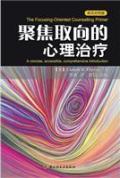
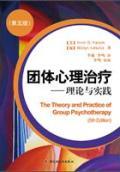
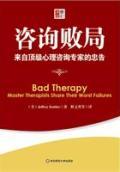

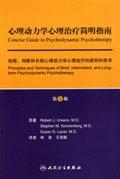

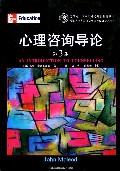

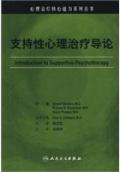

最新评论